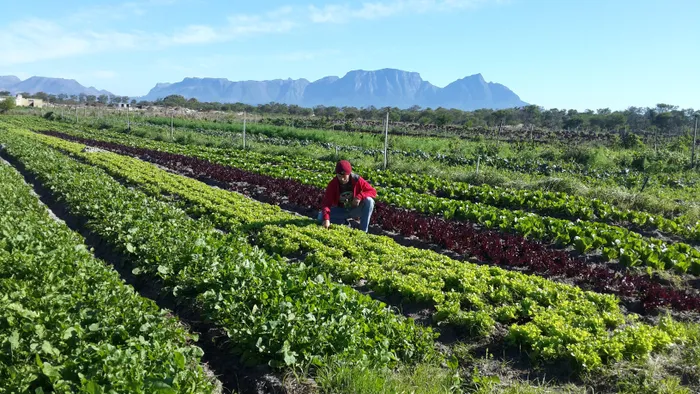
Less than 5% of global AI training data relates to Africa, and only about 3% of that originates from the continent. This gap raises concerns about whether AI tools are applicable and fair for African contexts, especially where food systems already suffer from unequal access and distribution.
Image: Supplied
CAPE TOWN — The 7th annual Food Indaba will take place from July 7 to 20 in Cape Town, focusing on the theme “Artificial Intelligence (AI) and the Food System”.
The event will host about 20 sessions across the city. Organisers said it aimed to critically assess how AI technologies might affect African food systems, either reinforcing or challenging inequalities in food production, access, and entrepreneurship.
Less than 5% of global AI training data relates to Africa, and only about 3% of that originates from the continent. This gap raises concerns about whether AI tools are applicable and fair for African contexts, especially where food systems already suffer from unequal access and distribution.
The chief executive of the SA Urban Food and Farming Trust, Kurt Ackermann, described AI as a double-edged sword for African food systems. He said the Indaba would explore whether AI could dismantle power structures that perpetuate food injustice or make them worse.
The event includes walking tours through Bellville, Langa, and Cape Town’s central business district, offering participants insight into local food systems and their challenges.
South Africa’s food insecurity is not primarily due to scarcity but to systemic inequality in access and distribution. AI has the potential to improve urban food logistics, agricultural productivity, and policy decisions based on data. But without inclusive data and community input, AI risks worsening existing disparities.
The timing of Food Indaba 2025 aligns with global debates on ethical AI and calls for equitable technology governance. The gathering positions itself at the intersection of technology, food justice, and African agency, emphasising that AI’s impact on food systems is neither guaranteed nor universally positive.
AI is, at this point, fueling widespread discussion, from fears of existential risk to excitement over tools such as ChatGPT. Its rapid development is compared to the rise of the internet 32 years ago. Yet, Africa’s representation in AI training data remains minimal. Less than 5% of global AI data pertains to Africa, and less than 3% of that comes directly from the continent.
Organisers asked: “What does AI mean for Africa? Will it challenge unjust power structures or reinforce them? Can better understanding and control of AI help reshape food systems to be healthier, more sustainable, and more just?”
This year’s programme is split between professional events during the week and public-facing events on weekends.
Two workshops on AI and food entrepreneurship will be hosted by the Oribi Incubator at Makers Landing. A full-day conference will bring together AI experts from across South Africa to discuss current developments and how those in the food sector can use AI tools.